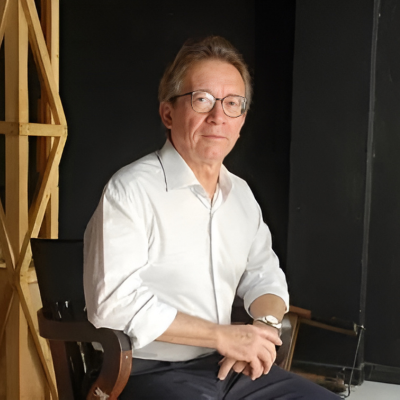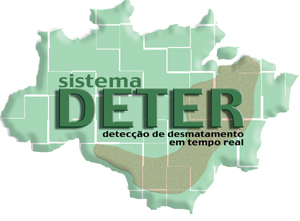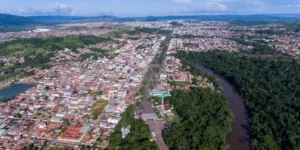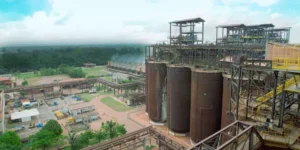Belém is in second-to-last place among 16 metropolitan regions analyzed by the UNDP (United Nations Development Program) according to the HDI (Municipal Human Development Index) criteria. The capital of Pará is only ahead of Manaus, its rival from the neighboring state of Amazonas.
The situation is even worse when the analysis is done by state. Pará is 24th in HDI, surpassing only Maranhão and Alagoas. This means that the quality of life in Belém is one of the lowest among Brazilian capitals, and in the interior of Pará it falls even further.
The distance between Belém and the most developed metropolitan regions, which is significant, is smaller than that between the cities in the interior of Pará. The capital seems disconnected from its territorial jurisdiction. The dispersion and fragmentation of Pará are a fact and a worsening trend.
The data on the HDI are part of the UNDP Human Development Atlas, prepared in partnership with the Ipea (Institute of Applied Economic Research), part of the federal government, and the João Pinheiro Foundation, based on data from the 2010 IBGE Census on per capita income, education and life expectancy. The measurement scale goes from 0 to 1. The closer to unity, the better the performance. The results of the study were released yesterday.
At the top of the ranking is São Paulo, with an index of 0.794, followed by the Federal District, with an HDI of 0.792, Curitiba (with 0.783), Belo Horizonte (0.774) and Vitória (0.772). Belém’s index is 0.729, while Manaus’s was 0.720. These indexes fall into the high human development category.
According to the indicators, between 2000 and 2010 there was an improvement in the HDI in all metropolitan regions analyzed. Even in Belém, which in these 10 years went from 0.621 to 0.729, and Manaus, the other last-placed city, which improved even more: from 0.585 to 0.720. For the UNDP, the data show a reduction in disparities between the northern and southern regions of the country between 2000 and 2010. But social inequalities persist.








